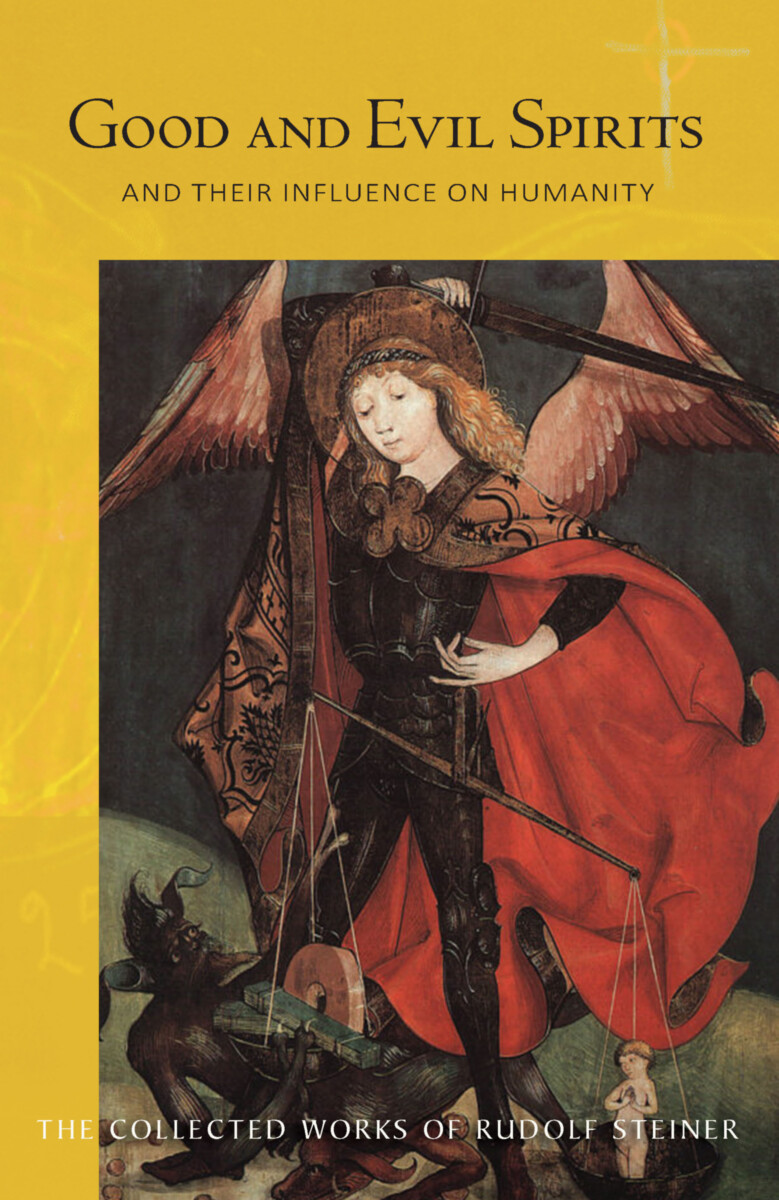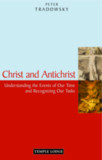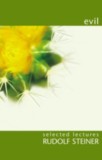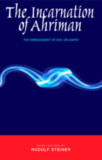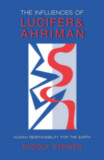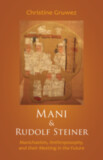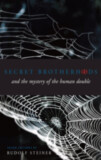Good and Evil Spirits
and their Influence on Humanity (CW 102)
- Publisher
Rudolf Steiner Press - Published
11th August 2014 - ISBN 9781855843974
- Language English
- Pages 248 pp.
- Size 6" x 9"
13 lectures, Berlin, January 6 – June 11, 1908 (CW 102)
“We learn gradually to raise our eyes not only to material existence; instead we discover spiritual entities and their actions wherever we look in the universe.... We get to know the deeds of these spirits. We are alive and active and we are within the spiritual entities and their activities.” — Rudolf Steiner
This classic series of lectures presents systematic knowledge on many different spiritual entities, ranging from the higher hierarchies of angels down to hindering demons. Basing his presentation on spiritual-scientific research, Rudolf Steiner intends to awaken us to the existence of these beings and how they interact with all aspects of our lives.
Steiner describes how animals, plants, and minerals have group souls—with even an inert stone having a spiritual counterpart in the invisible world. The various planets in the cosmos are connected to great spiritual beings and hierarchies too, as is the zodiac, which is not a static band of fixed stars but is also evolving. Steiner gives a remarkable picture of how Christ relates to the zodiacal constellations and to our own higher aspects. Spiritual entities are associated with the evolution of Earth and the previous stages of its existence—and here Steiner elaborates relevant chapters of his book An Outline of Esoteric Science, explaining how our task on earth is ultimately to develop love rather than wisdom (which was the goal of earth’s previous stage).
From cosmic considerations, Steiner leads to the spirits of the kingdoms of nature—the elemental beings, with their four classes connecting to the four elements—gnomes, undines, sylphs, and salamanders, or earth, water, air and fire spirits. He describes how elemental beings are created by human activities—with coercion of the views of others leading to “demons,” lying leading to “phantoms,” and bad social systems to “specters.” Spirits are also created in the association of humans and animals, while other spiritual entities connect us with the arts. Steiner emphasizes the importance of developing and appreciating the arts—such as music, sculpture, architecture, painting, and poetry—for the sake of humanity’s future evolution.
This volume is a translation from German of Das Hereinwirken geistiger Wesenheiten in den Menschen (GA 102)
Rudolf Steiner
Rudolf Steiner (b. Rudolf Joseph Lorenz Steiner, 1861–1925) was born in the small village of Kraljevec, Austro-Hungarian Empire (now in Croatia), where he grew up. As a young man, he lived in Weimar and Berlin, where he became a well-published scientific, literary, and philosophical scholar, known especially for his work with Goethe’s scientific writings. Steiner termed his spiritual philosophy anthroposophy, meaning “wisdom of the human being.” As an exceptionally developed seer, he based his work on direct knowledge and perception of spiritual dimensions. He initiated a modern, universal “spiritual science” that is accessible to anyone willing to exercise clear and unbiased thinking. From his spiritual investigations, Steiner provided suggestions for the renewal of numerous activities, including education (general and for special needs), agriculture, medicine, economics, architecture, science, philosophy, Christianity, and the arts. There are currently thousands of schools, clinics, farms, and initiatives in other fields that involve practical work based on the principles Steiner developed. His many published works feature his research into the spiritual nature of human beings, the evolution of the world and humanity, and methods for personal development. He wrote some thirty books and delivered more than six thousand lectures throughout much of Europe. In 1924, Steiner founded the General Anthroposophical Society, which today has branches around the world.


